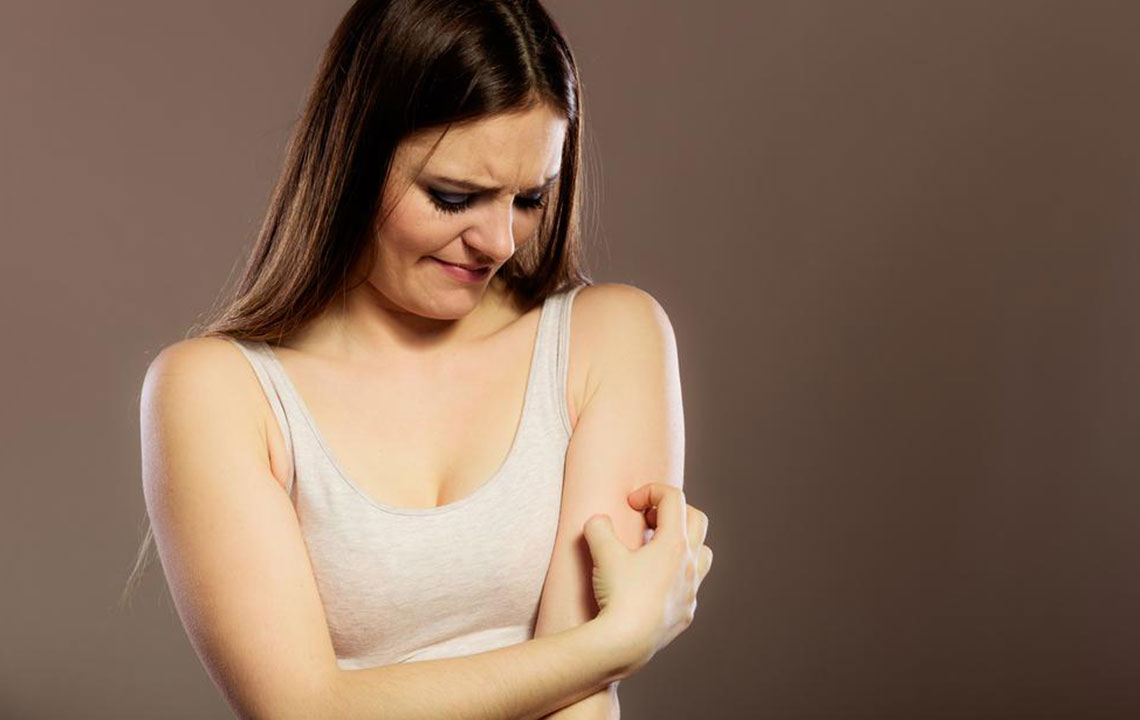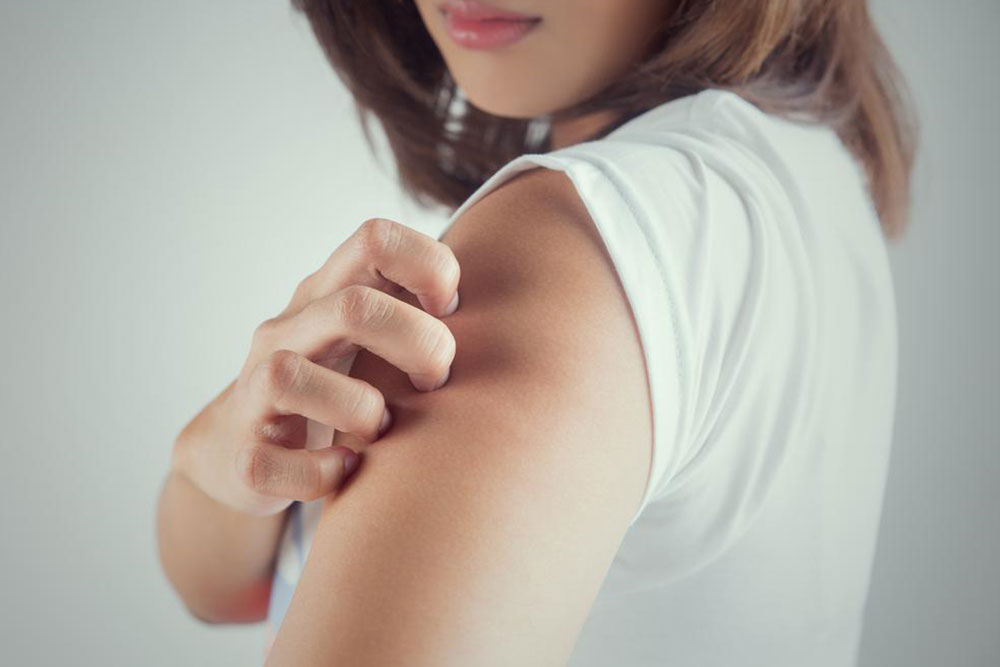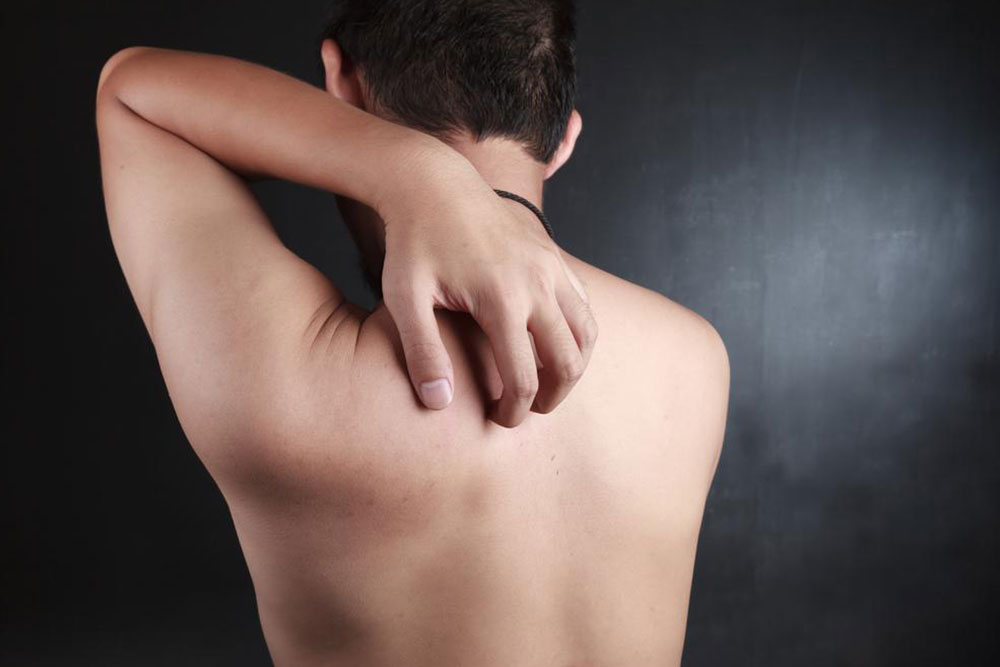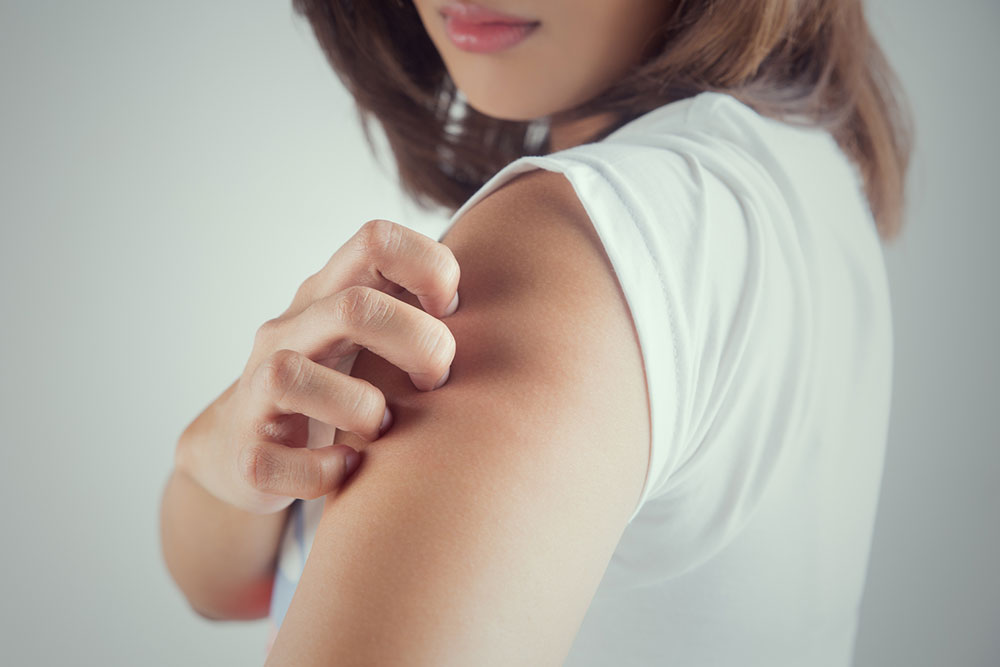Common Types of Skin Rashes and How to Identify Them
Explore the main types of skin rashes such as eczema, granuloma, pityriasis rosea, and lichen planus. Learn their symptoms, causes, and treatment options to better manage skin health and know when to seek medical advice.

Common Types of Skin Rashes and Their Symptoms
Skin rashes can develop from irritation, infections, allergies, heat, or medications. They often involve changes in skin color, texture, or both, and may cause itching, peeling, or bumps. Conditions like viral, bacterial, fungal, or parasitic infections can lead to rashes. Minor rashes might clear with OTC remedies within a week, but persistent or severe cases require consultation with a healthcare professional for accurate diagnosis and effective treatment.
Frequent skin rashes include eczema, granuloma, pityriasis rosea, and lichen planus. These often present as blisters, bumps, peeling, or itching. Some rashes may also be associated with fever or illness, indicating the need for medical attention. Proper identification of rash types helps in managing symptoms effectively and seeking appropriate treatment.
Types of Skin Rashes
Eczema: Eczema causes red, itchy, and inflamed skin, commonly appearing on hands, elbows, knees, or face. It is non-contagious and can affect all ages, especially with a family history of allergies. Treatment typically involves steroid creams to reduce redness and itching.
Granuloma: Granuloma annulare appears as red, circular bumps, mainly on arms and legs. It often affects young individuals and women. Steroid creams are common treatments, and injections may be necessary for severe or persistent cases.
Pityriasis Rosea: This viral-linked rash presents as large pink, scaly patches on the trunk. It is contagious but usually resolves on its own. Mild cases benefit from antihistamines to relieve itching, and sun exposure should be limited during the condition.
Lichen Planus: Characterized by flat, reddish-purple bumps, this rash commonly appears on wrists, ankles, or the neck. It can also affect mucous membranes or nails. Its cause remains unknown, but treatments include steroid creams or injections, as no cure is available.
Other causes of rashes include heat, medications, or skin conditions like contact dermatitis and psoriasis. Avoid scratching to prevent worsening. OTC remedies like calamine lotion can soothe symptoms. Sun protection or phototherapy may be advised, and ongoing rashes over a month should be evaluated by a healthcare provider.


